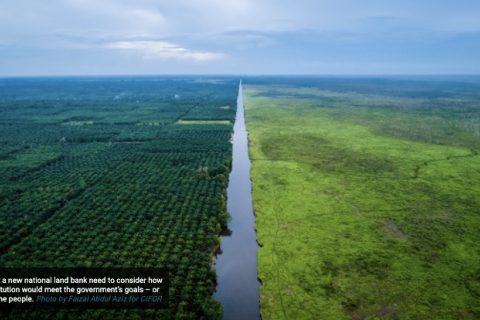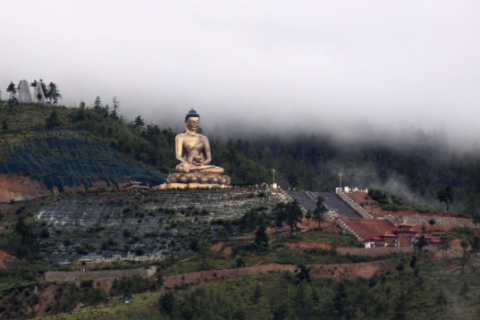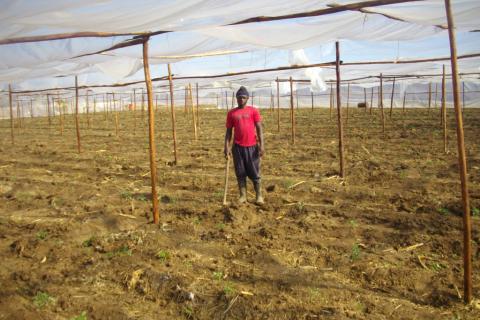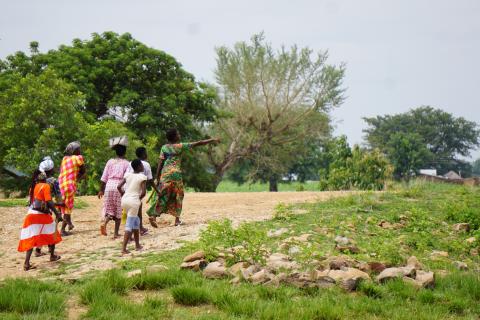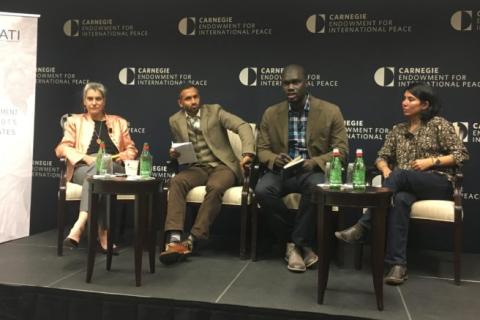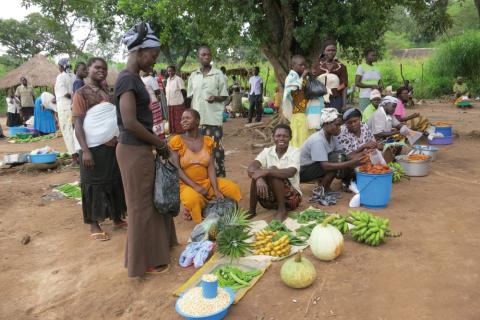Vinieron, miraron y se fueron: el legado de las grandes transacciones de tierras que fracasaron
Una revisión de cuatro artículos recientes sobre un tema poco explorado: las razones del fracaso de las transacciones de tierras a gran escala y lo que eso significa para las comunidades y la sociedad



